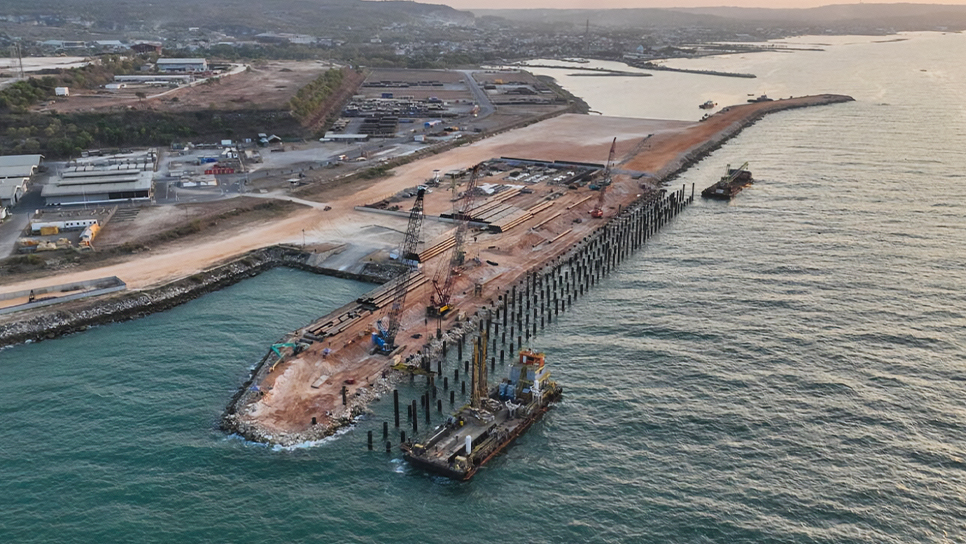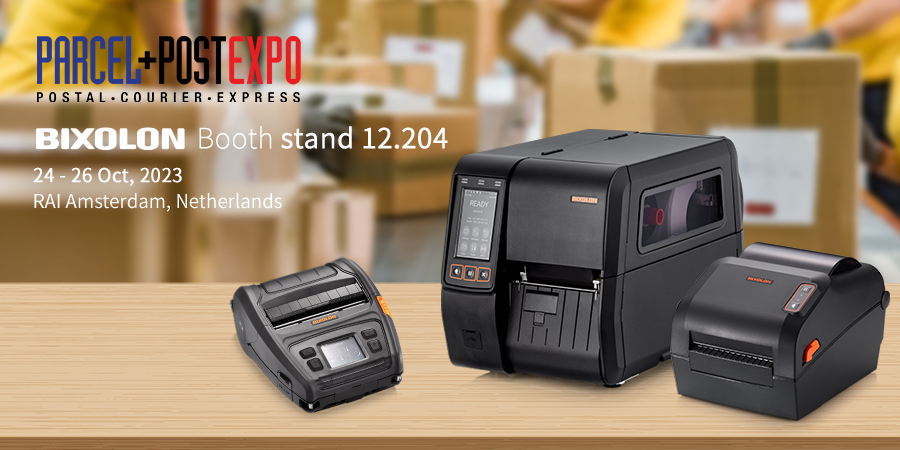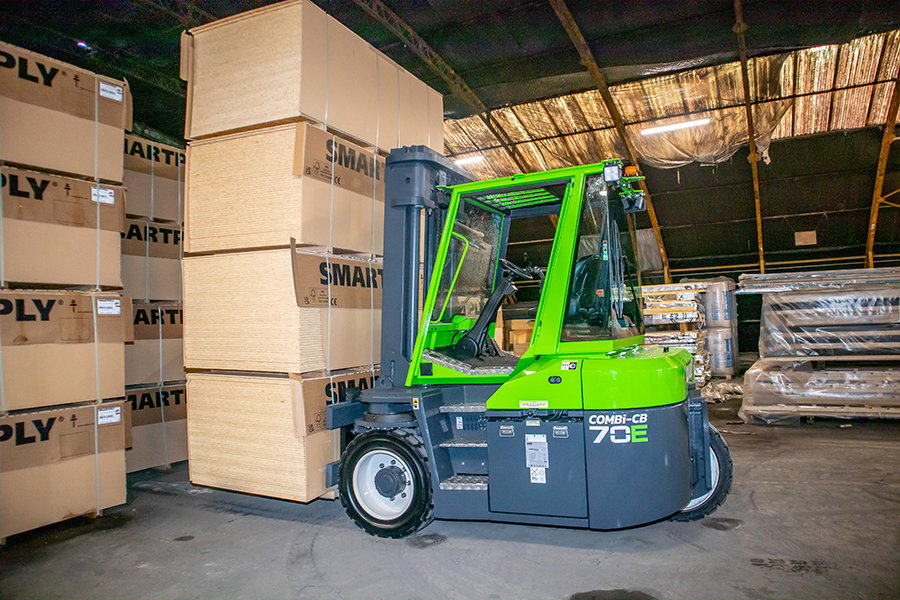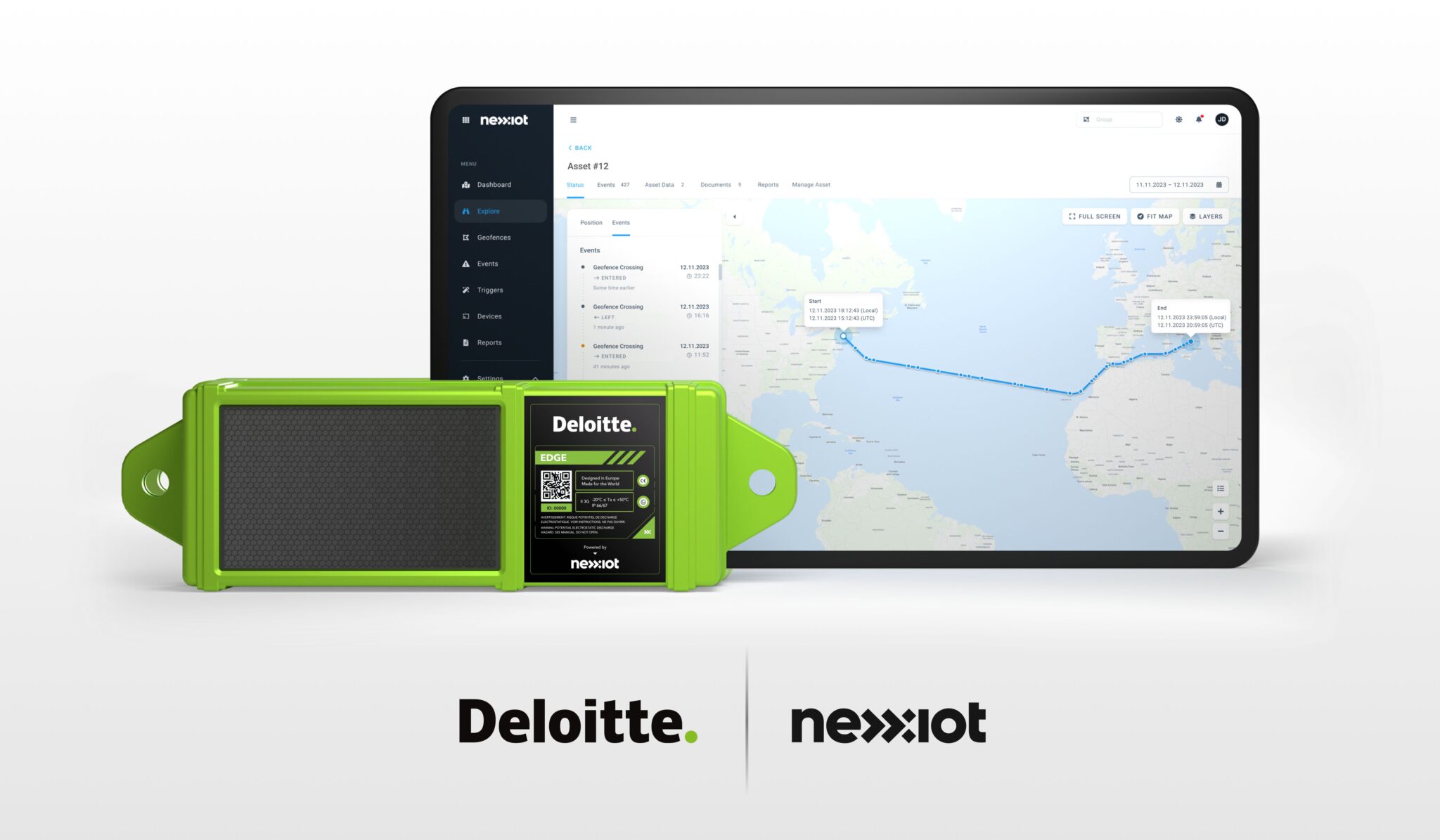Transportation and the logistics industry serves as the lifeblood of today’s modern economy, binding together businesses, streamlining supply chains, and championing eco-friendly initiatives on the path to achieving net-zero emissions. However, it also harbours the potential to disrupt these pivotal strategies if they are not managed appropriately, writes Transporeon CEO Stephan Sieber.
Nowadays, many industries have seamlessly embraced (and thrived from incorporating) digitisation into their businesses. However, transportation has seemingly lagged behind and it has been that way for some time. In fact, the lack of any meaningful evolution predates events such as the war in Ukraine, the energy crisis, and even the pandemic. Yet, these events have only highlighted the importance of seamless transportation to continue delivering goods globally. So why is it being neglected?
In the current landscape, numerous inefficiencies mar the transportation market. Idle assets, empty runs, static capacity, unwarranted waiting times, and isolated operations cast a substantial shadow on economic prosperity. In addition, the lack of investment in digitisation perpetuates administrative burdens such as manual labour overload, emotionally driven decision-making and a scarcity of actionable insights. And, compounding these issues is the looming ecological threat of untracked and unrestrained CO2 emissions. At both micro and macro levels, there’s no denying that transportation appears sluggish in adapting to the demands of our reality.
However, it’s not all bad news and there are an array of solutions available to help reverse this trend. For instance, synchronising transportation with the world by leveraging digital solutions to usher in efficiencies that positively impact the economy, businesses, and the environment can continue to thrive. This transformation of transportation hinges on three fundamental components…
Enterprises must unite and work stronger together to unlock operational benefits. For example, there’s no reason for trucks to travel hundreds of empty miles when a similar truck, equipped for the task, is more than likely unloading nearby. It’s time for shippers and carriers to forge connections with one another, establish common business standards, foster collaboration and embrace a platform that facilitates network-wide interoperability.
Connecting shippers, load recipients, service providers, brokers, forwarders and asset-based carriers is integral to creating a collaborative transportation community. By adhering to common standards and promoting interoperability, all stakeholders can uncover new business opportunities while achieving economies in their operations. This spirit of collaboration will grant the transportation market the resilience and agility – both critical components, as highlighted in the 33rd Annual State of Logistics (SoL) report.
The era of Excel spreadsheets, manual searches, and endless route and rate browsing have become now relics of the past. This inefficient administrative burden is burning through valuable resources and failing to deliver optimum outcomes. Now is the time for enterprises to pivot from mere data collection and embark on the process of generating transactions with the data at their disposal. Automated, data-driven decision-making within a collaborative and interconnected network, leveraging historical patterns, real-time data, and future predictions, will enhance transportation operations.
Finally, in the logistics business, having real time insights are vital to success. This allows the business to control multiple ongoing operations, whether that entails monitoring CO2 emissions, accessing spot rates, evaluating capacity, or receiving transport ETAs. Equipped with these real-time insights and the ability to act upon them, logistics companies can anticipate future developments, swiftly address issues, and assert control over operational efficiency.
The past two years witnessed a rush for outcomes at nearly any price, a trend likely driven by necessity rather than desire. Nevertheless, this approach threatens the industry’s sustainability unless addressed.
In conclusion, synchronising transportation with the world requires a shift in approach and mindset – a challenge which spans the entire industry. It’s clear that only through the implementation of digital tools, adoption of a culture of collaboration, automation of the decision-making processes, and the harnessing of real-time insights, can the necessary steps be taken in establishing the connectivity and interoperability required to bring logistics businesses together. The time for change and digitisation is upon us and companies should look to modernise their infrastructure or risk getting left behind.











